Naturalized players: Two sides of the same coin
However, this group of naturalized players not only did not help the national team of a billion-people country become stronger, but on the contrary, they weakened. Even in the 2022 World Cup qualifiers , the Chinese team lost 1-3 to the Vietnamese team (the first time in history that the Chinese team lost to the Vietnamese team in an official tournament). China is currently also unable to get a ticket to the 2026 World Cup.
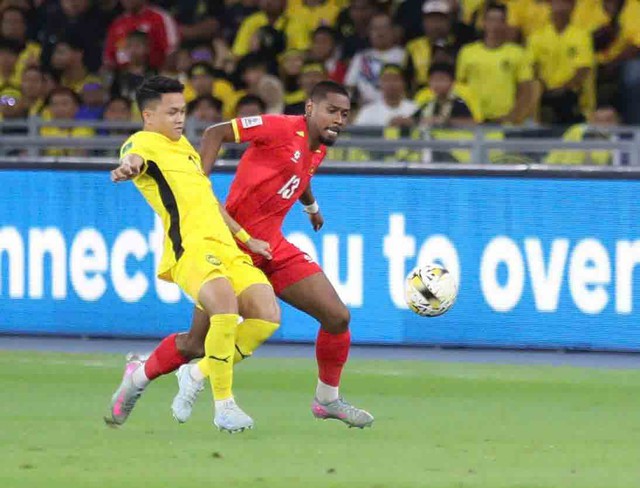
Naturalized player Cao Pendant Quang Vinh (right) made his debut for the Vietnamese national team on June 10.
PHOTO: NGOC LINH
The same is true for Qatar and the UAE. To prepare for the 2022 World Cup at home, Qatar used a series of naturalized players. Despite that, Qatar still failed miserably, losing all 3 group stage matches. As for the UAE, they called up about a dozen foreign-born players to the national team, with the goal of qualifying for the 2022 and 2026 World Cups, but they still failed.
Most of the biggest football nations in the world and Asia develop based on the source of players they train themselves. Brazil, Germany, Argentina, Spain are extremely strong in youth training. The French team also focuses on this stage. Zidane, Henry, Trezeguet, Mbappe... may have different backgrounds, but they were all trained in France.
The same goes for the Asian "big five" group, including Japan, Iran, Saudi Arabia, South Korea, and Australia. Their talented generations continue to follow one another, helping the aforementioned teams maintain their leading position in the continent and always have a place in the World Cup. Uzbekistan also followed this path. They reaped sweet fruit, the Uzbekistan national team entered the World Cup finals for the first time in history. They surpassed the two teams that used many naturalized players, Qatar and the UAE, in the qualifying round.
That reflects that if football teams do a good job in training young players and create a solid foundation for themselves, they do not need to care about naturalized opponents. Another example is that the team using mostly naturalized players, Indonesia, lost heavily to the purely domestic team Japan twice in the World Cup qualifiers, once by 0-4 and once by 0-6.
Should we naturalize players en masse: Lessons from other football backgrounds?
Vietnamese football must know how to select
Former coach of the U.23 Vietnam team Hoang Anh Tuan commented that Japan possesses an element that no other naturalized team has, which is the uniformity in playing style and identity that only football teams that do a good job of training young players have. Identity is also something that can be said when talking about the teams of Brazil, Argentina or Germany. They have unmistakable features.
Vietnamese football currently needs to study all of the above. We cannot stay out of the trend of using foreign-born players, but development through self-trained players is the most sustainable. If using naturalized players, the Vietnamese team should only limit it to the allowed level, both to stimulate domestic players and to leave room for young talents to rise. In particular, when using foreign-born players, players of Vietnamese origin (such as Nguyen Filip, Cao Pendant Quang Vinh) should be prioritized, because that will help stimulate overseas Vietnamese to return to contribute to their homeland.
Source: https://thanhnien.vn/nhap-tich-cau-thu-khong-the-la-con-duong-phat-trien-ben-vung-185250613223030988.htm








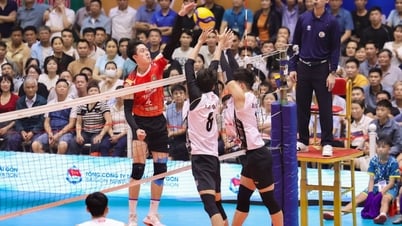


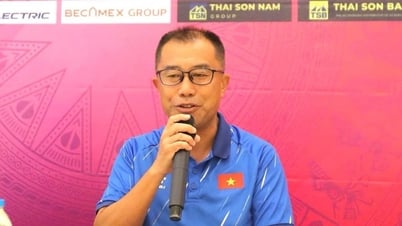

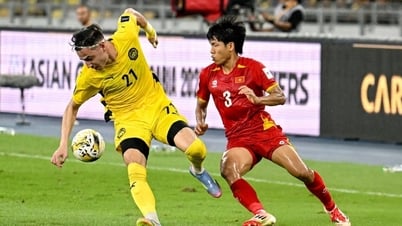
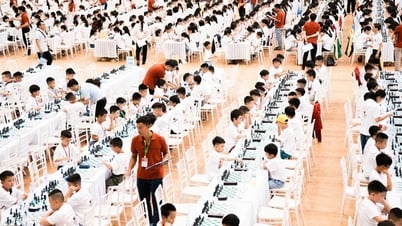

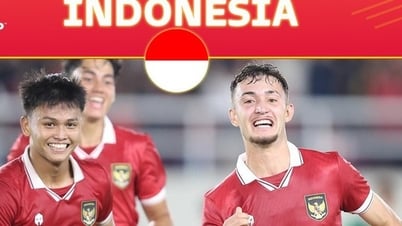





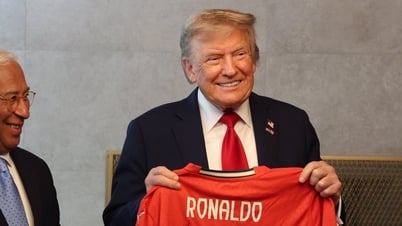


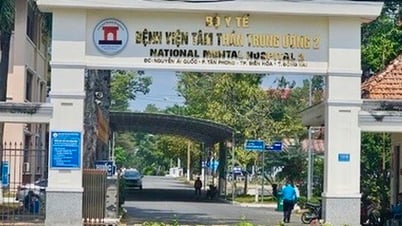
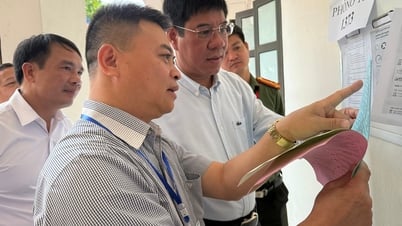
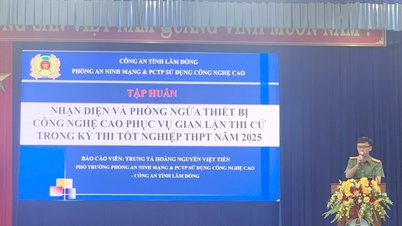





















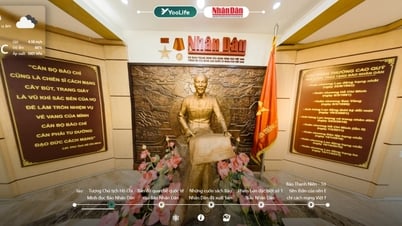



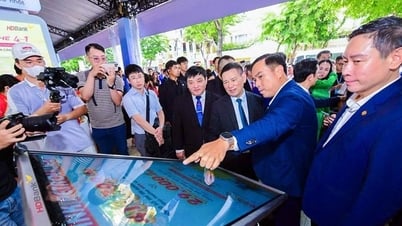





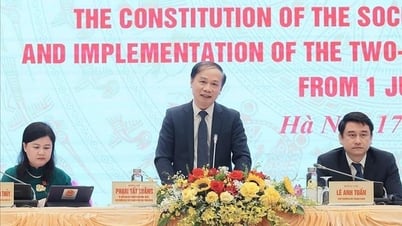
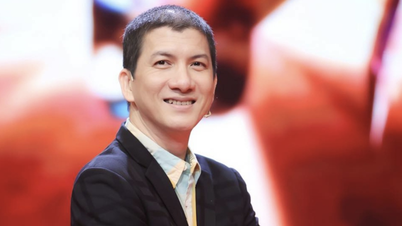



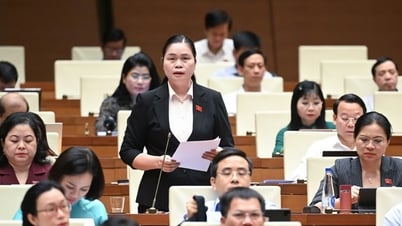


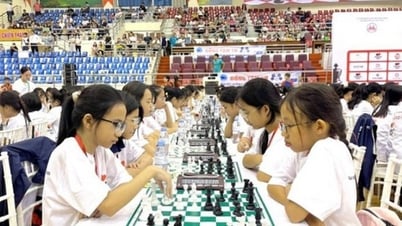

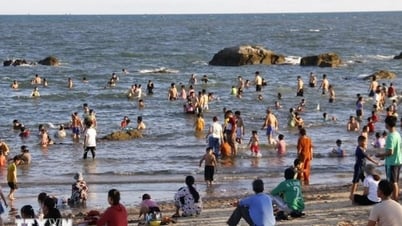
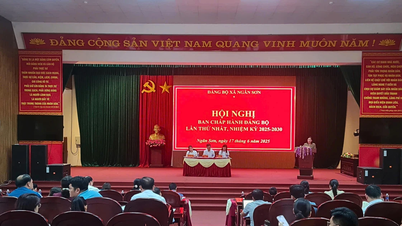



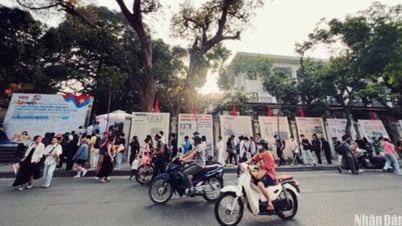

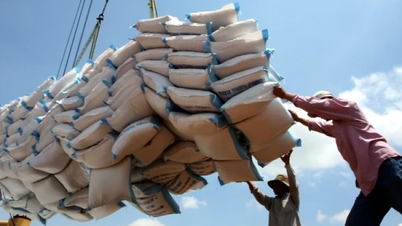














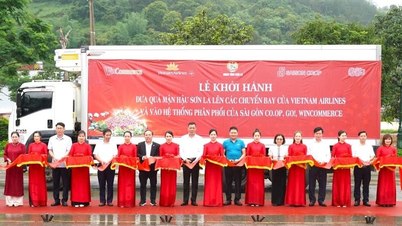

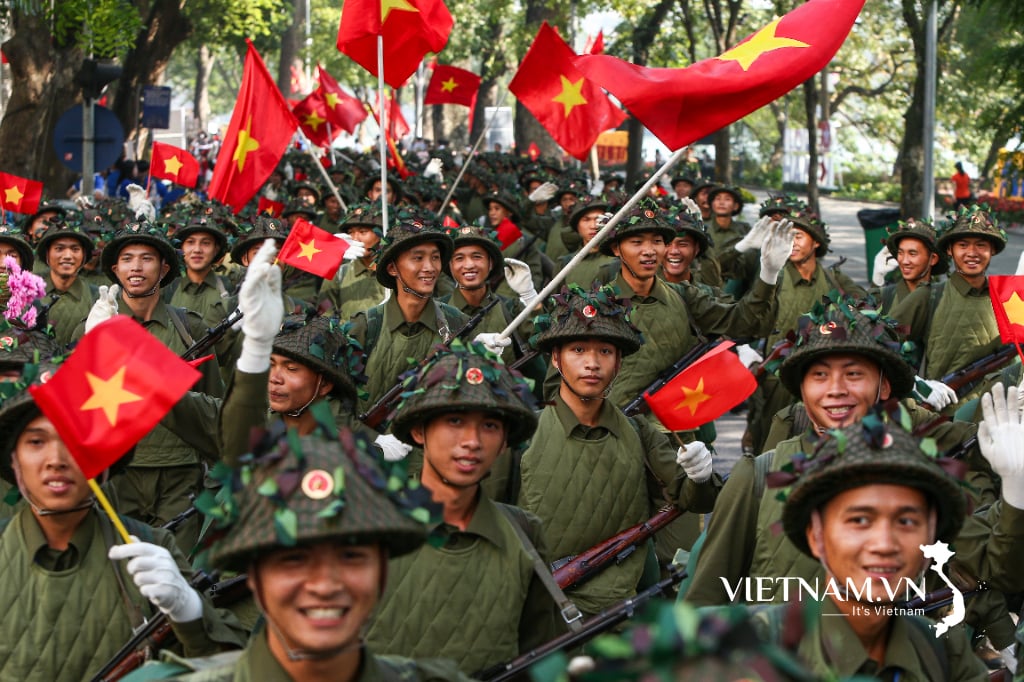

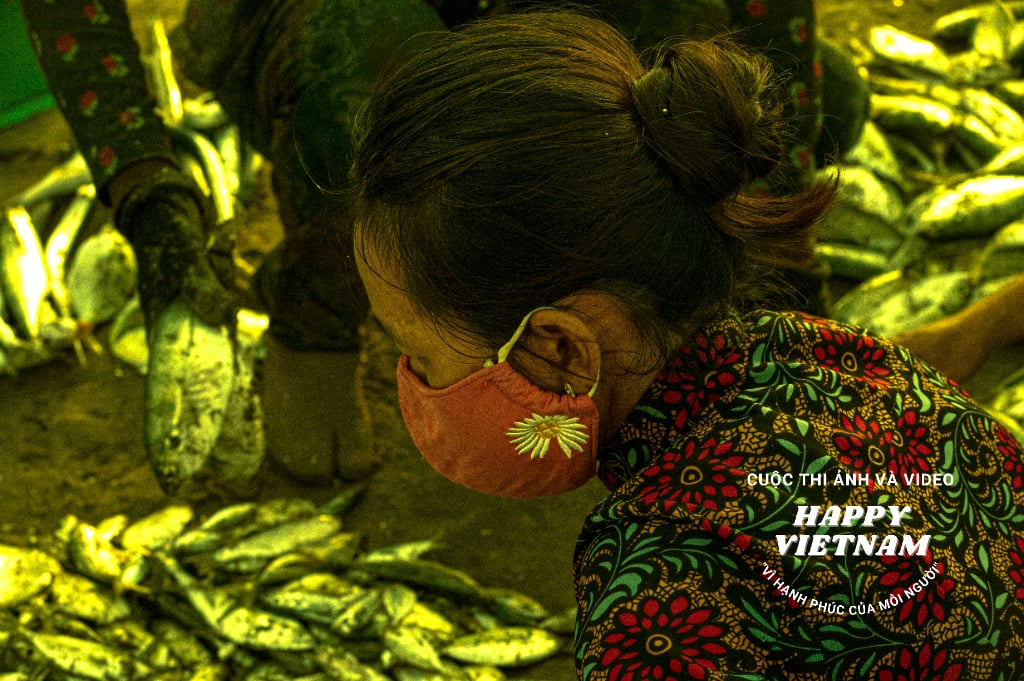

Comment (0)